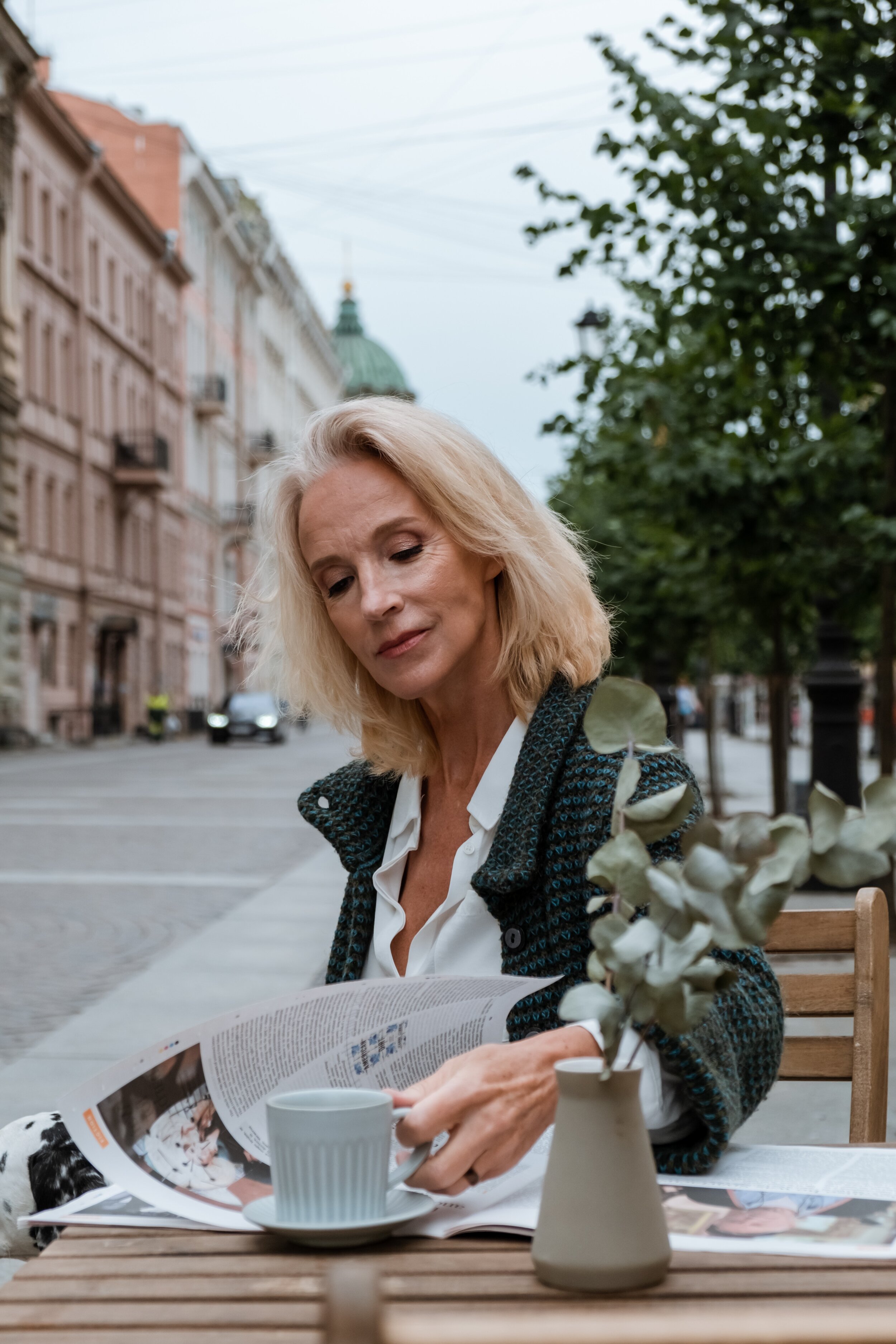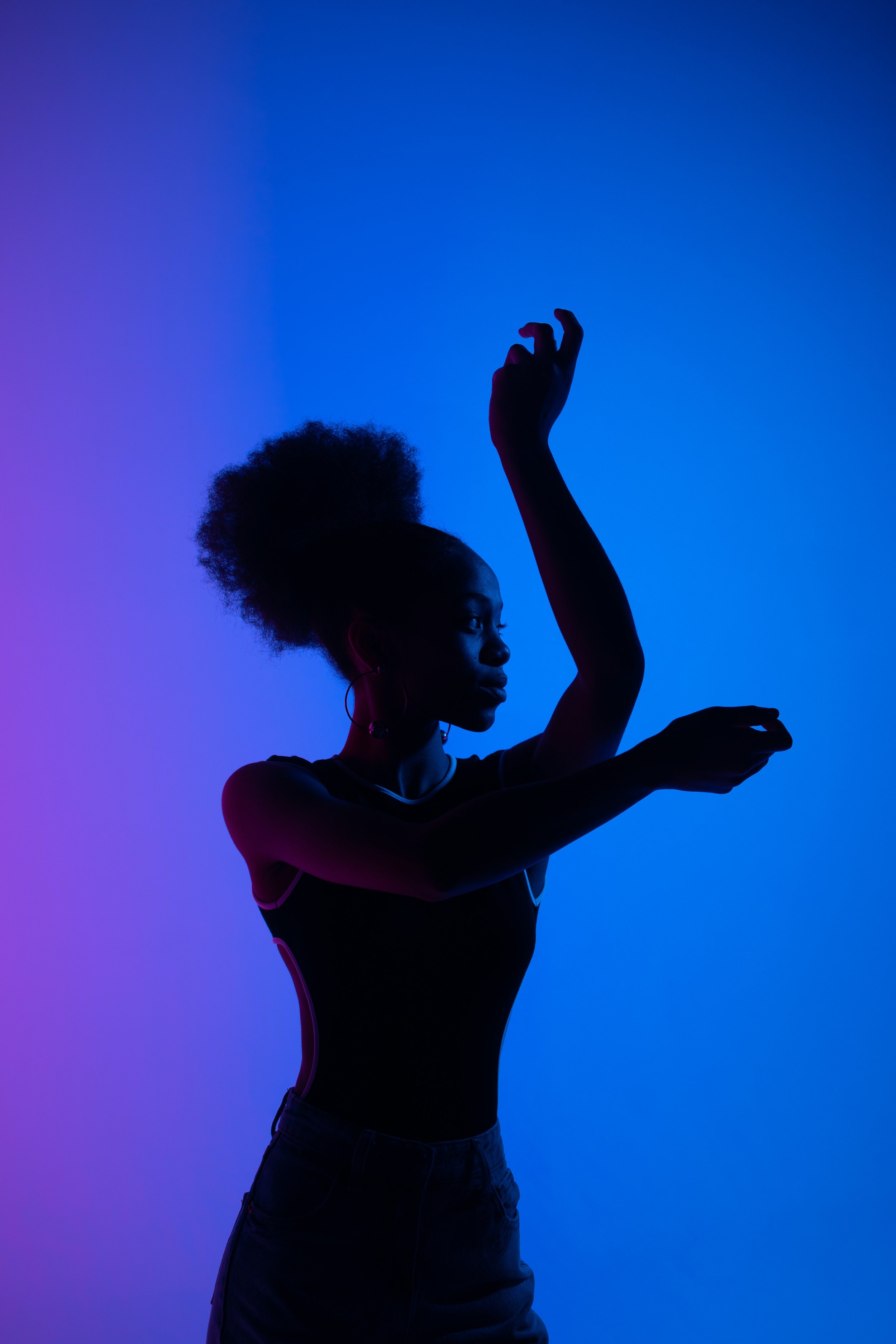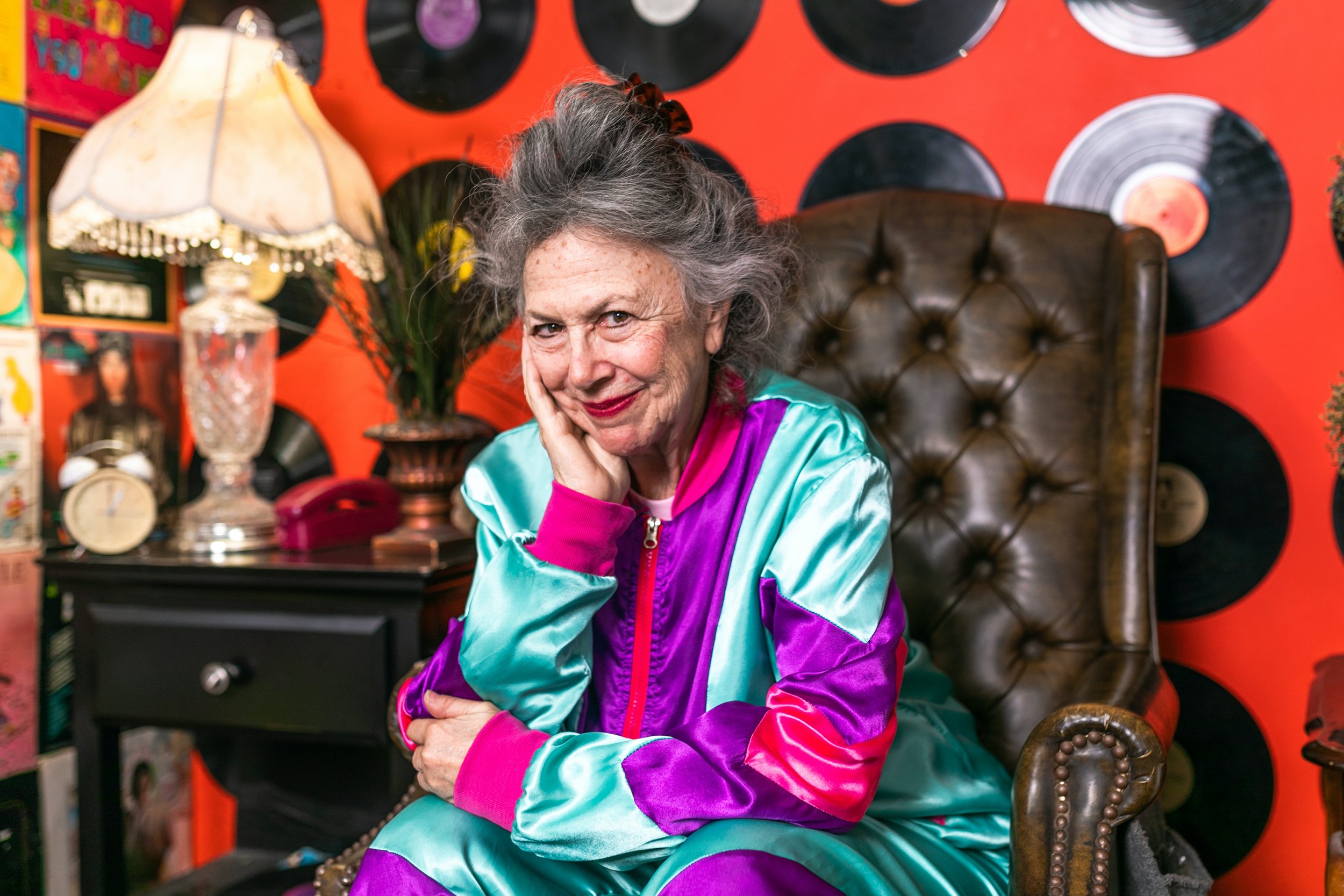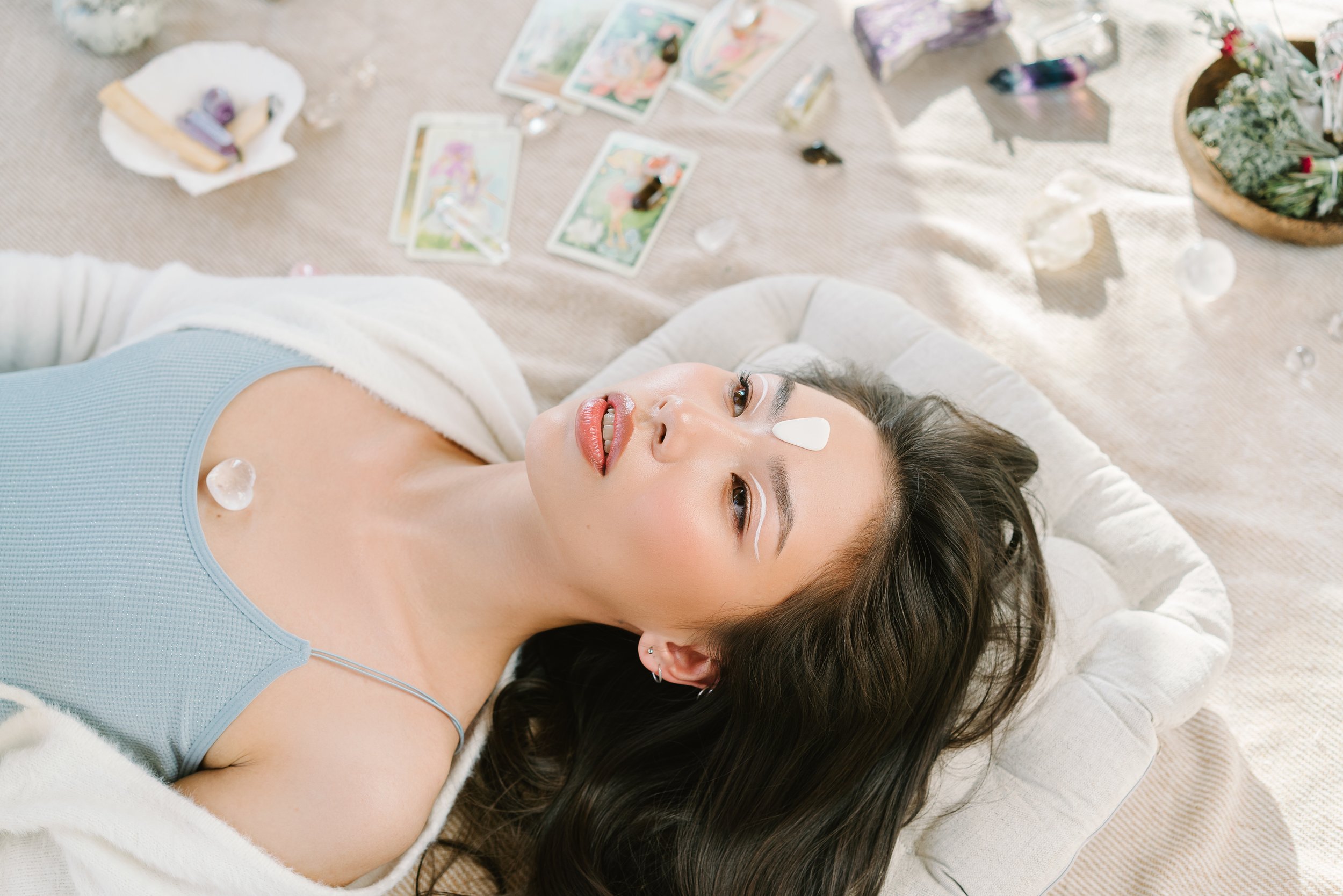The Beauty and Science of Ageing
We are all going to age - that’s inevitable!
In fact, being able to age is a beautiful privilege.
My philosophy is not about denying the ageing process, or making my clients look fake or unnatural. Rather, I love the beauty that is inherent in ageing gracefully, and want to add subtle tweaks and enhancements to leave you looking refreshed: but ultimately leave you looking like you.
So what is so bad about ageing anyway?
This is such a good question, and I wholeheartedly agree with the sentiment behind it. There’s nothing inherently bad about ageing.
I will repeat and emphasise this again: it is such a beautiful privilege to be able to age.
I hope that I get to experience the ageing process - as I do with everyone I love. Too often, in medicine and surgery, we encounter patients who never get that chance.
In the modern era, however, with the incredible advances we have made in public health and medicine, nutrition, and hygiene - most of us are living longer. We are reaching ages that historically we have never been able to reach. And that does come with a price.
The modern world is full of its own stressors and pollutants, environmental toxins and modern demands. It’s a misconception that all cosmetic doctors want to deny the ageing process, but we obviously acknowledge the very real pressures that exist in the world to preserve youth and beauty, especially if you’re a woman.
And I think this is what it comes down to - we are living longer than ever before, and that is a double-sided coin. Our environment and modern life places stresses on us and ages us prematurely in a way our ancestors would likely never have experienced. Our cities are polluted, we have stressed-out and fast-paced “modern” lives, we eat food our ancestors wouldn’t even recognise - and that takes a massive toll on our mental and physical health. And in this modern world of Instagram and social media, there is also massive social pressure to adhere to certain physical ideals - sometimes in a very unhealthy way. And in a lot of industries, if you’re career-driven and successful, there is also a pressure to remain looking young, vital, and well-presented. As we navigate our society - the way we present ourselves can be vitally important to how we are perceived and where we get to in life.
What is the science behind ageing skin?
The ageing process is very complex and fascinating, and it is impossible to completely cover it here. Instead, we will outline the basics to give you a good general idea of what is happening to our faces as the years go by.
We start to age from the day that we're born. Age shows everywhere, but especially on our skin. This is because our skin is the barrier that separates our bodies from the outside environment. Want to hear something terrifying and also absolutely incredible? The stratum corneum (the top layer of the epidermis) is only 10-15 micrometers thick - this tiny layer is all that lies between life and death via desiccation!
We all know the features of ageing skin - it is looser, thinner, and more wrinkled in appearance. It is often drier, more delicate and crepey, prone to shearing and tears.
The Science: As time goes on, ageing skin begins to wrinkle, caused by a loss of structure in the skin. Part of this loss of structure is due to the loss of collagen and elastin, which are important components of the extracellular matrix. The loss of this precious collagen manifests itself as fine lines and wrinkles in the skin, as well as a general skin laxity.
Another concept in ageing skin is that of senescence. This describes the process of cells becoming less active and proliferative with time. Our sebaceous glands will produce less oil, leading to a more dehydrated appearance to our skin. Melanocytes will decrease melanin production, so our skin becomes paler, thinner, and weaker. We also lose oligosaccharides (a type of sugar) in skin, which means the skin has a reduced ability to retain bound water. Overall, this decrease in cell turnover - which refers to the renewing process where our top layer of skin cells are constantly being replaced - makes our skin appear dull.
The biggest ageing factor in skin is exposure to UV radiation, which accounts for 80% of facial ageing. UV radiation impairs proliferation and differentiation of skin cells, and causes the accumulation of abnormal elastic tissue in the dermis. Very importantly, UV radiation damages DNA and increases the rate of mutations, which leads to ageing and possible cancer.
Chronic inflammation from reactive oxygen species and free radicals occurs as we expose our skin to all sorts of environmental pollutants now omnipresent in many cities. These free radicals damage the extracellular matrix. as well as reduce the production of collagen.
What is extrinsic skin ageing?
What we have described above is the normal process that occurs as the years go by. It is intrinsic ageing: a natural deterioration in skin function and barrier. However, extrinsic ageing is caused by external or environmental factors – things like UV radiation or environmental pollutants. They have the effect of accelerating the natural ageing process and potentially prematurely ageing the skin.
What factors affect skin ageing?
The following are risk factors that can accelerate skin ageing:
Multiple studies across different ethnic backgrounds have all linked sun exposure to premature ageing (this surprises none of you, I’m sure). As well as UV radiation, there is some evidence that visible and infrared light can increase the production of enzymes that degrade overall collagen in the skin.
Environment
Multiple studies have found a correlation between air pollution and skin ageing. Tobacco smoke has also been associated with prominent facial wrinkling and hyperpigmentation.
3. Nutrition
Nutrition has a massive impact on skin. Many skin conditions have been associated with nutritional deficiencies, while intake of vitamin C or higher fat and carbohydrate intakes have been associated with a decrease in wrinkled appearance. Sugar is thought to increase the appearance of wrinkles, possibly via the development of advanced glycation end products.
4. Skin Type
Fitzpatrick I-III are thought to be more prone to some of the features of ageing than IV-VI.
5. Hormones
There is some evidence that the decrease in oestrogen experienced in post-menopausal women can affect skin ageing. Hormone replacement therapy (HRT) can increase epidermal hydration, elasticity, and thickness.
6. Diseases/Genetic Disorders
7. Medications
It’s not all about the skin
There are other changes to your face beyond the skin that cause your appearance to age. One major factor is a change in the fat distribution around your face. You have normal fat pads that give you that youthful, full appearance. However, as you age, gravity makes these fat pads sag and move downwards, as well as shrink. This can cause hollowing of the eyes and the cheeks, as well as emphasise and deepen the lines around the nose and mouth. The migration of fat downwards can also give the appearance of jowls or loose flesh around the chin and jawline, giving features an overall appearance of being deflated and sunken.
As well as this change in the fat distribution of our faces, there is a decrease in muscle tone in certain areas, which will cause the overlying skin to crease and wrinkle. And as we age, we lose bone! If you think about it, the bone is the underlying foundation that all the rest of our features are built upon. When we lose bone around our eye sockets and jaw, those areas appear more ill-defined.
What basics can you do to prevent premature ageing?
So it’s all very well to to describe the ageing process. But what can we actually do to prevent and unnecessary ageing? Well, there are a few basic, easy, and very effective steps you can take, outlined below:
Avoid sun exposure/UV radiation and use sunscreen
Get a healthy amount of sleep
Eat healthy foods
Drink plenty of water
Don't smoke
Hydrate and take care of your skin - knowing that the development of a good skincare routine can be a difficult process at the beginning (but there is always help available!)
Consult with a dermatologist or aesthetic doctor
Final Thoughts
Yes, ageing is natural and beautiful and there are many intrinsic factors that contribute to it. But ageing can also be accelerated by all of those extrinsic factors, which can be prevented with awareness of the risk factors, as well as a helping hand from cosmetic medicine.
Our faces are the first parts of ourselves that we show the world. There is something so empowering about aesthetic medicine. It is rooted deeply in science, biology, and the wonder of understanding how these bodies we find ourselves in actually work.
Our faces reflect not only self-care and our health, but also our lives and our stories. How we choose to present ourselves is just another part of that story.

















You might have heard buzz around the new vehicle taking the aesthetics and regenerative medicine world by storm. Exosomes are being touted as the “next big thing.” But what exactly are they, and what do we know about how they work?